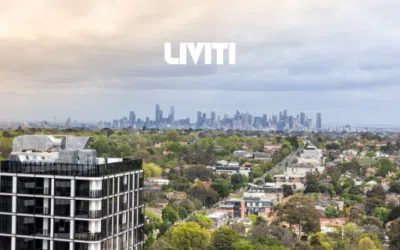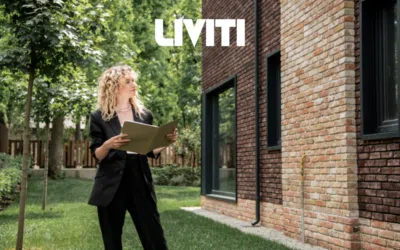Strata is a concept that is often overlooked when purchasing a property. We get it, it’s not an easy thing to wrap your head around, especially if there is no one there to explain it to you.
That’s where we come in – providing you with the answers to the top questions you have on strata and maybe even to the ones you didn’t even think to ask!

1. What is a strata scheme?
A strata scheme is a process of handling the legal ownership of a shared building or land. This ownership is known as a strata title. By purchasing a property in a strata scheme, you are buying a portion of that property and its common areas to own rather than the entire complex.
These buildings can be residential or commercial like:
- Apartment blocks
- Villas
- Townhouses
- Duplexes
- Office buildings
- Warehouses
- Storage units
- Factories
And the common areas of a property can include:
- Rooftops
- Gardens
- Pools
- Courtyards
- Hallways
- Car parks
- Shared laundry
- Stairwells
- Lobbies
- Lifts
- Driveways
- The exterior of the building
Each owner is then a part of the property’s owners corporation, who are all responsible for its maintenance and upkeep.
2. What are strata fees?
Strata fees, also commonly known as strata levies, are the regular payments that you need to pay regularly to contribute towards the upkeep and maintenance of the strata property, or body corporate. Although this can vary from property to property, generally, these levies are paid and collected quarterly.
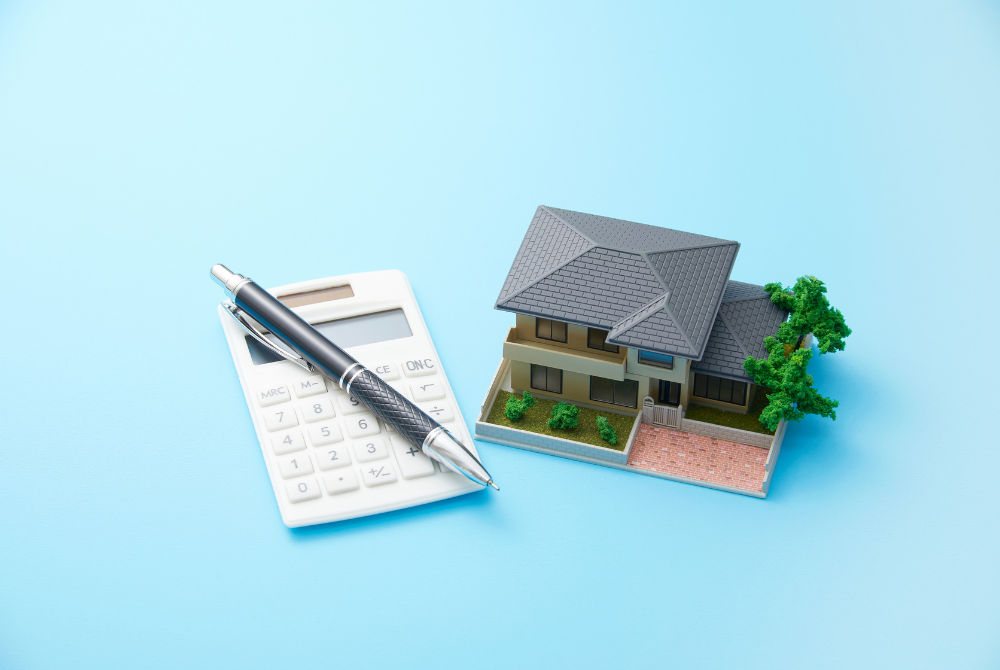
3. What do strata fees cover?
These fees are paid by the owners’ corporation, a.k.a. you if you and your fellow owners, to keep the strata scheme in standard condition. Although every body corporate will have different strata levies in terms of price and coverage, they usually include:
- Building maintenance and upkeep
- Building insurance
- The maintenance and upkeep of the building’s common areas
- The maintenance and upkeep of communal amenities
- Strata management fees
- Utilities for any common areas like electricity & water
- Periodic and unexpected repairs
These are categorised into three different categories in order the keep the scheme running smoothly and may also determine the frequency at which they are paid.
The categories include:
- Administrative fund levy
- Sinking fund levy
- Special levy
Let’s look a bit closer at what these categories are and what they cover.
Administrative Fund levies
Administrative fund levies cover the daily running costs of the strata building including the private and common areas as well as any necessary admin work.
These can include:
- Shared cleaning bills
- Shared utility bills
- Garden maintenance
- Facility management fees
- Maintenance and repairs
- Other administrative work
Basically, anything that gets used every day has a bill that needs to be paid. Turned on a light? Electricity bill. Noticed how pretty the garden looks? Must have recently been maintained. Garden maintenance bill.
Sinking Fund Levies
Sinking fund levies, also known as capital works funds, cover the ongoing larger expenses of strata complexes. These are usually anticipated expenses but can also include any potential unexpected costs incurred that aren’t fully covered by the building insurance.
These can include:
- Painting
- Exterior repairs
- Flooring, carpet and pathway maintenance or replacement
- Lift maintenance
- Common area maintenance or replacement
Most people like to think ahead and plan for the worst. Forget the fear of having to fork out a large sum of money to cover the elevator that just randomly broke down. This isn’t The Big Bang Theory, the sinking fund will take care of it and ensure it gets fixed in no time.
Special Strata Levies
Special levies cover the unexpected expenses incurred that a sinking fund cannot. These often occur when these circumstances relate to something that can be hazardous to the residents of the scheme. It is common though for the owners’ corporation to contribute more to the other categories instead, however, if a problem arises suddenly it is ideal to have a fund prepared for special levies.
Special levies can include:
- Severe building defects
- Severe weather damage
- Emergency maintenance
4. Who is responsible for paying Strata Fees?
It is important to note that strata fees are not paid by the tenants of the building but by its lot owners, again that’s you! But people can be busy. How many times have you forgotten all about your bills and paid at the last minute? It happens. That’s why a strata manager is often appointed by the owners’ corporation to manage the property’s strata levies and oversee the entire process for them.
The role of a strata manager is usually to:
- Work out how much money the other owners need to individually contribute
- Collect the money on your behalf
- Oversee the day to day running of the property – working out a payment plan, budgeting costs, paying invoices, organising strata meetings
- Pay strata levies on behalf of the strata owners
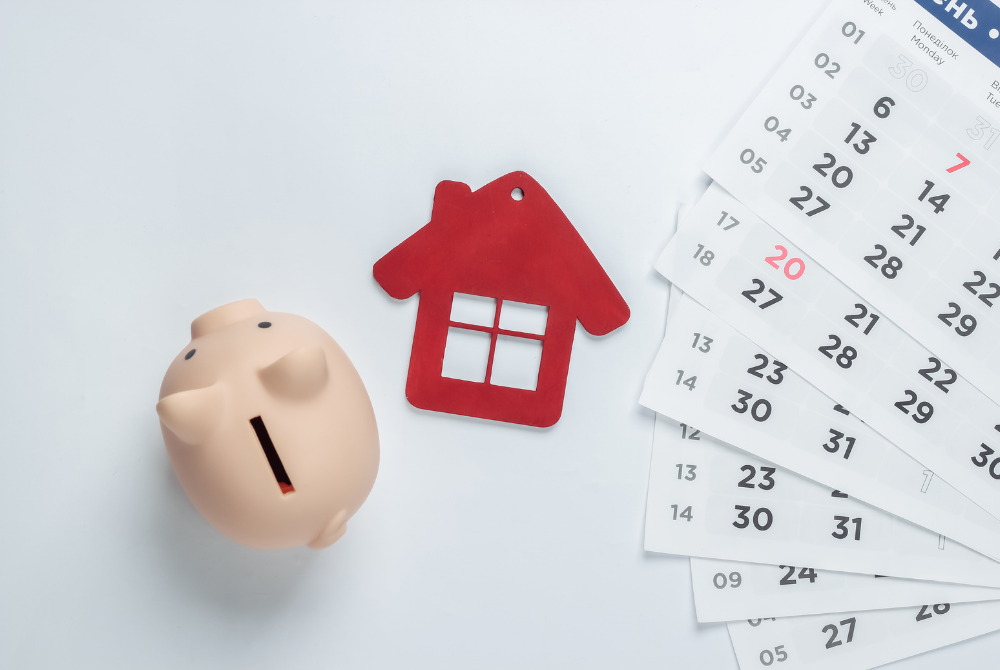
5. How are strata fees calculated?
Usually, the strata manager is the one in charge of calculating how much is needed for the administrative fund and sinking fund levies and creating the payment schedule.
However, for off the plan purchases, it is very important that the strata fees are calculated by an experienced quantity surveyor or property valuer at the beginning of the building’s construction. They have the responsibility of surveying all of the potential expenses, calculating the fees that need to be paid and creating a schedule by which they should be paid.
At the first annual general meeting or AGM, following this, body corporates determine the levies for the lot owners. They are presented with the predetermined budget and vote on the levy motion. In order to approve the levy motion, a 75% vote is required by the other owners.
Strata fees can vary between developments because of the significant elements that need to be taken into consideration when making budget and levy calculations. For property investors, it is important to be aware of these and how they may influence the average strata fees before purchasing a property, for example, some factors of a property can determine higher levies than others.
These can include:
- The age of the building – older buildings may need more maintenance and repairs
- The building’s condition – buildings that are quite rundown and damaged will require more repairs and upkeep
- The building’s location – properties that are closer to the sea tend to deteriorate and corrode quickly due to their exposure to the water and high wind pressure.
- The size of the building – a larger building complex will require maintenance and upkeep more frequently to accommodate for the number of ‘units’ and communal areas.
- The building’s facilities – levies need to accommodate for facilities like swimming pools, lifts and gyms that need maintenance and repairs so the more amenities a building has, the more bills there are to pay.
- the building’s services and common property – cleaning and gardening services require payments in order to keep common areas of a scheme organised and tidy. It is also important to factor in the utility bills like water and lighting in these areas that need to be paid.

6. Are strata fees tax deductible?
Strata fees can be seen as a means of maintaining and improving your asset to continue generating an income. So typically, if you are a property investor, your strata levies are tax-deductible.
You should keep records of all of the incurred expenses to determine what can be claimed. It is a good idea to consult a tax professional to be sure that this claim is acceptable. If the strata fee falls into the special fund or capital expenditure a deduction most likely won’t be claimed. Not to worry though because if it is from the administrative or capital works fund, which most are, then usually it CAN be claimed. YAY!
7. What happens if you don’t pay your strata fees?
As these fees need to be quarterly, there are long periods in between where you can sort out your financial situation and budget well in order to make these payments on time. However, lie most legal matters, failure to comply will mean penalties apply as this places financial and emotional stress on the owners’ corporation and strata managers who have to make up for the shortfall. A lot of owners who fails to pay their fees are labelled as “unfinancial” and may lose some important rights like the ability to vote at AGMs and will develop a debt.
An unfinancial owner’s debt will acquire interest on the overdue amount at a traditional rate of 10% per annum. If it is unpaid for long enough a debt collector or solicitor may be called to recover the debt but if it remains unpaid then the owners’ corporation can file legal action in the NSW Civil and Administrative Tribunal (NCAT).
8. What are strata bylaws?
As in any legal process, laws are required to ensure it runs smoothly and in a fair and organised manner. Strata laws are enforced by the building management to encourage communal living and protect the rights of the owners and other tenants of the strata property.
These laws mostly cover the responsibilities relating to the common property and facilities like laundry, parking and maintenance.
This ensures that every resident does their role to ensure a peaceful and respectful environment for living. Any breach of the strata by-laws might result in penalties occurring some of which might even be legal.
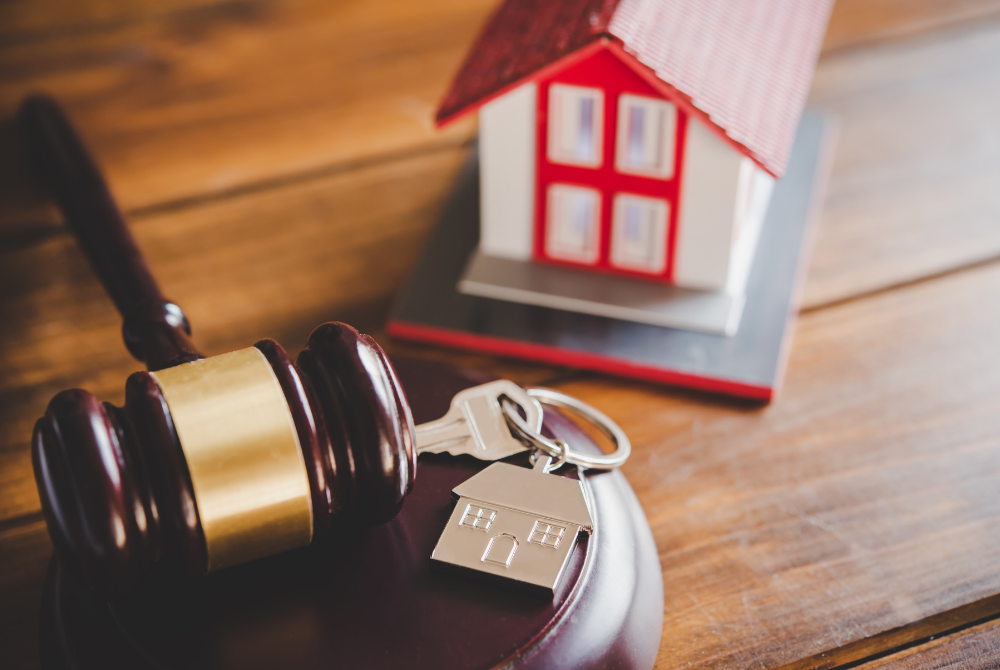
Conclusion
So now that you know a bit more about strata, go ahead and apply that newfound understanding to your next property investment. Find out as much as you can about the property and try and determine how much you could potentially pay in strata levies as part of the body corporate.
Liviti is dedicated to providing you with the right information that you need to find your dream home.
If you have any more questions reach out to us here or give us a call at (02) 9056 4311. One of our trusted strata experts would be more than happy to provide further clarification and guide you through any more queries that you may have on this topic.



